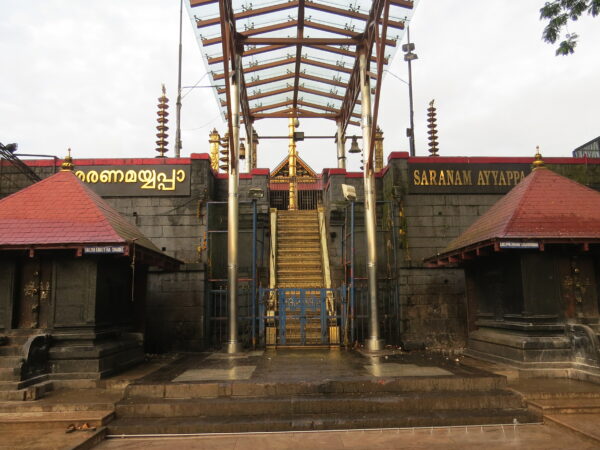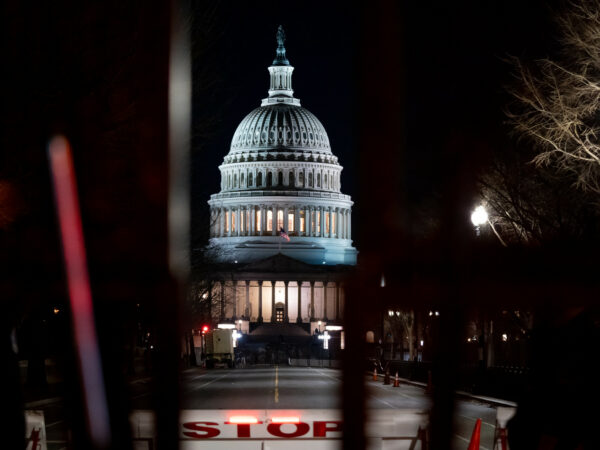
The Sabarimala judgment of the Indian Supreme Court has been widely celebrated in liberal-progressive circles for its inclusionary gesture of upholding the right of women to enter Hindu temples as public places of religious worship. But to make sex political, what we need is the discovery of a new language of sovereignty that defies and exceeds the identitarian logic of inclusion and exclusion

We are shocked. Morally outraged. How could a US president tout “law and order” to incite a blatant attack on “American democracy” and “the rule of law,” encouraging his supporters to storm the US capitol? Commentators decry such hypocrisy, stating the obvious contradiction between US constitutional law and violent coups. My contention in this essay is that no such contradiction exists.

It is consistent to say that everyone is equally intrinsically valuable by virtue of being human, and that death will deprive more future well-being from some. Focusing on the deprivation of future well-being will immediately bring up concerns.

By the end of that first week our operations shifted and many of our staff, including myself, were set up in a senior center in Queens getting ready to boost our food distributions and our senior grab-and-go grocery bags. During that week we began to anticipate two major developments of this pandemic: the public health crisis and the ensuing economic hardship.

These restrictions must take into careful consideration the historicity of each religious tradition, the social influence of religious beliefs among its citizens, but also theological and exegetical specificities that influence the tradition’s adaptability to the current emergency. Without such thoughtful considerations and a close collaboration with trusted religious authorities, religious communities could be alienated, which can be disruptive in times that require rather unity of thought and action.

Differentiating journalists as enemies is always alarming, but especially so during a public health crisis.





